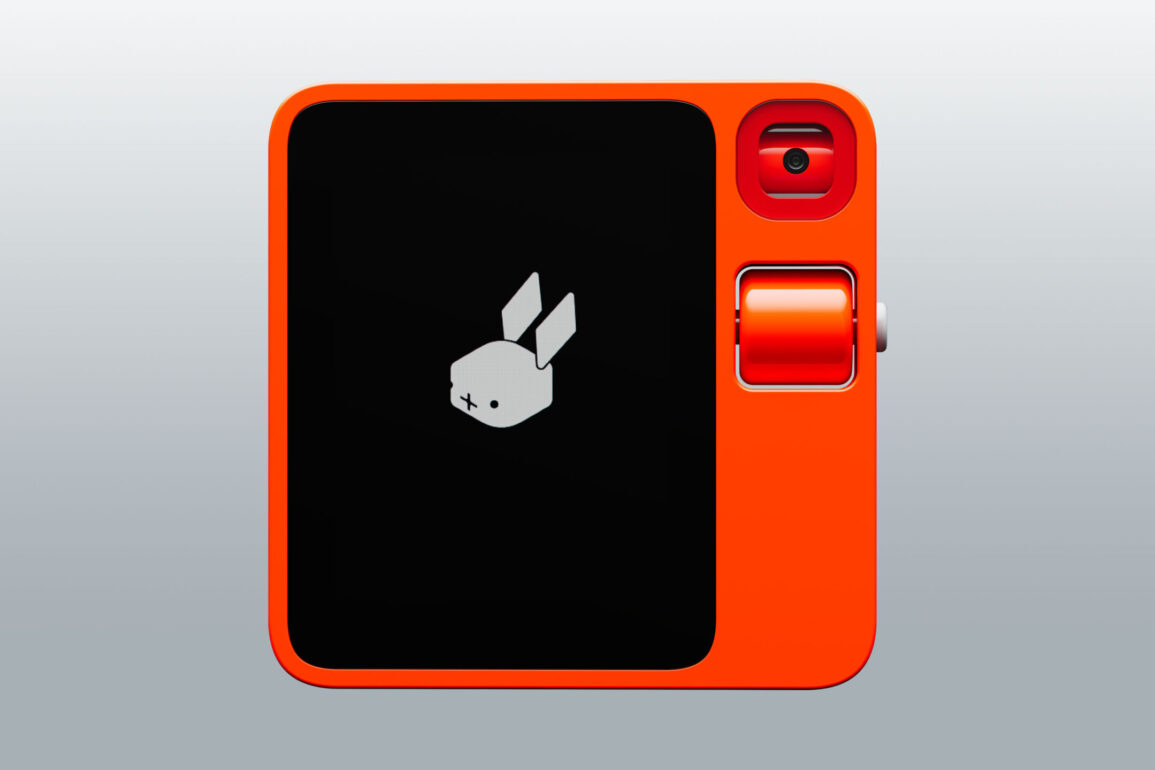In the rapidly evolving tech landscape of Canada, the recent controversy surrounding the Rabbit R1 device has stirred a significant debate. Rabbit, a company known for its innovative approach to AI technology, found itself at the center of attention after a report by Android expert Mishaal Rahman cited that the R1 device is essentially powered by Android, specifically running on Android 13 which came out in 2022, and utilizing a simple APK launcher for its operating system. This revelation, published by Android Authority, raised questions about the nature of the R1 device and whether it was just an Android app in disguise.
Rabbit’s founder and CEO, Jesse Lyu, was quick to respond to these claims, emphasizing that the Rabbit R1 “is not an Android app.” According to Lyu, the device operates on a highly customized version of the Android Open Source Project (AOSP) coupled with bespoke lower-level firmware modifications. He highlighted that most of the device’s capabilities, especially its large language models (LLMs) and large action model (LAM), are processed in the cloud, thus requiring more than just a local APK to function effectively.
Lyu’s statement was a response to Rahman’s investigative report, which detailed how Rahman was able to replicate the R1 experience on a Pixel 6a smartphone with some effort. By installing a bootleg APK file of the Rabbit R1 launcher, Rahman managed to navigate through the setup wizard and access some functionalities of the R1 through a “rabbithole” web service account. However, the full spectrum of R1’s features remained inaccessible, presumably due to the need for system-level permissions not available on a standard Android device.
The debate over the R1’s nature exposes the broader skepticism facing AI devices today. Many critics argue that such devices offer nothing beyond what existing smartphones can do, questioning the necessity of standalone gadgets. Rabbit’s R1, along with similar products like Humane’s AI Pin, represents a new wave of AI-powered devices that promise enhanced user interaction through specialized hardware and software integration. Yet, the critical reviews and comparisons to mere apps challenge these companies to justify the existence of their gadgets beyond novelty.
The unfolding situation with Rabbit’s R1 highlights a pivotal moment for consumer AI technology in Canada and beyond. As tech enthusiasts and skeptics alike watch closely, Rabbit’s ability to substantiate the unique value of its R1 device beyond being a glorified Android app could very well dictate the future trajectory of AI gadgets in the consumer market. The coming months will be crucial for Rabbit as it attempts to navigate through this controversy and convince potential users of the R1’s merit as a standalone device.






